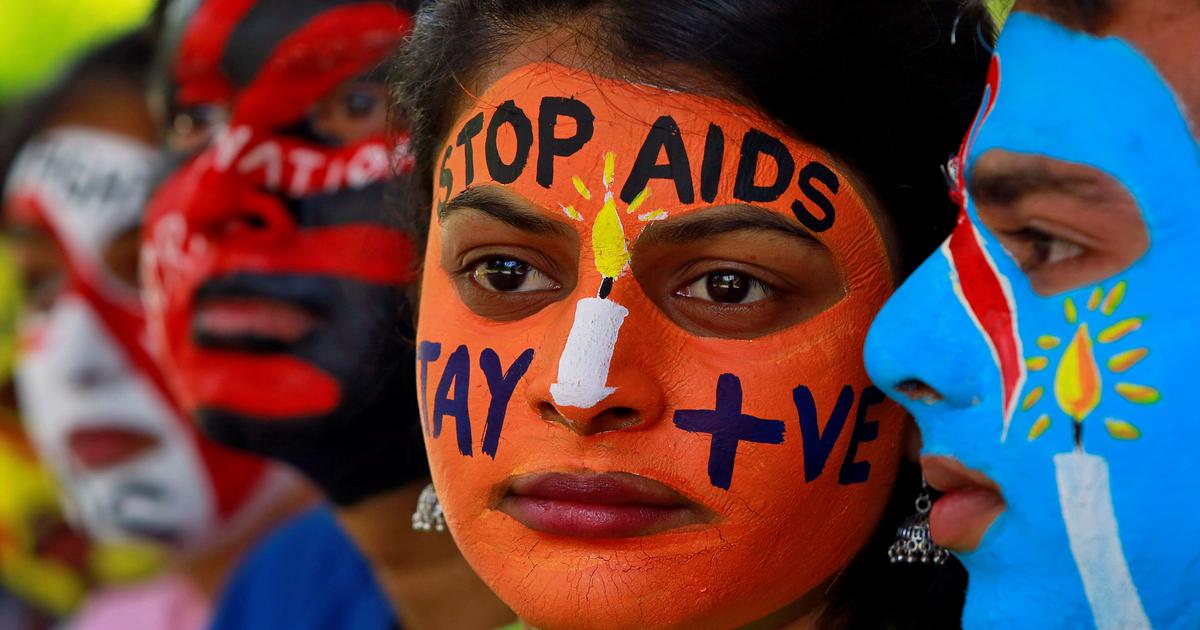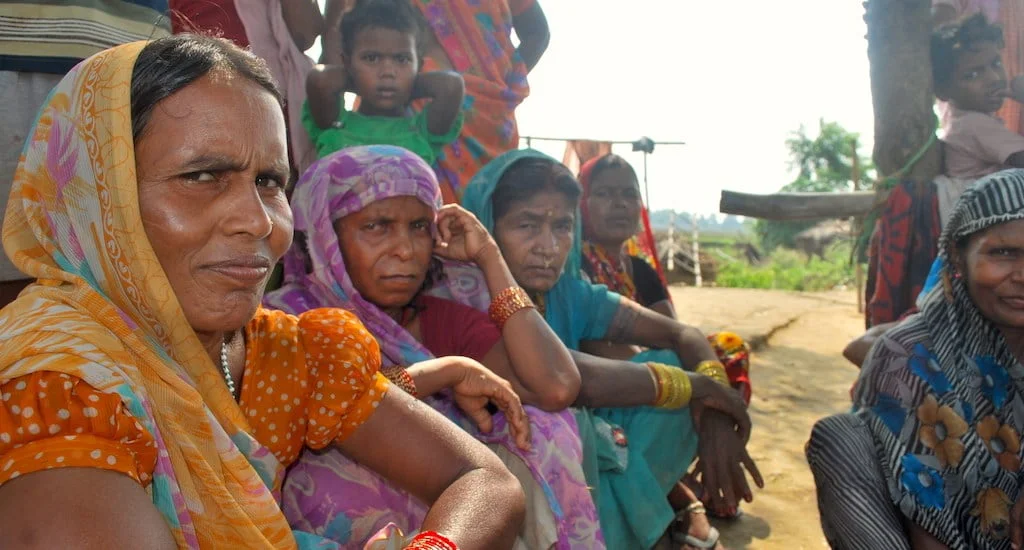Trigger Warning: Eating Disorders, Trauma, Child Sexual Abuse, Rape
At the age of six, I could not control being forced to do things for older men in the family but at the dining table I could control how much I ate.
After getting professional mental healthcare for over half a decade, I finally got a diagnosis that I believed in. Complex Post Traumatic Stress Disorder (CPTSD) results from repeated trauma over a long period of time often when the abuser is a caregiver or protector. All the child sexual abuse that I survived in my childhood and adolescence came back to me. Flashbacks, nightmares, crying outbursts, anxiety attacks, depression, it all started making sense.
As a child, I used to restrict my eating to feel in control and safe—it was my defence mechanism to feel protected. This turned into an unhealthy self-destructive behaviour and eventually an eating disorder: anorexia nervosa. Symptoms include, restrictive eating and distorted body image. Eating disorders are not just about eating and control. Waking up every day with this inner voice saying things like how you’re not good enough, you’re incompetent, you’re ugly, and how the world hates you and you don’t deserve to live is exhausting.
Eating disorders are not just about eating and control. Waking up every day with this inner voice saying things like how you’re not good enough, you’re incompetent, you’re ugly, and how the world hates you and you don’t deserve to live is exhausting.
It’s going to a battle field every day and trying to survive. Some days it’s louder than other days.
When I look into the mirror, 60% of the time I see a distorted version of myself and 40% of the time I try to appreciate myself. Challenging all these feelings of dirtiness and self-hate for being used as a child using self-compassion and techniques I learn in EMDR, is helping me heal but I have a long way to go.
This leads me to think, but what about survivors who don’t have access to professional help?
I was always a very active and bright student in school, but I could never perform academically in exams because of panic attacks, anxiety and black outs. I was not aware that this was related to my coping mechanism based on the trauma I experienced as a child and the added lack of nutrition to function efficiently. The Indian education system excludes and often invalidates disabilities that stem from mental health.
Every time I worked hard for an exam but received a pass mark on the paper, I used to feel like the world is ending and I’m a failure because of how we learnt in school that unless you get straight A’s you’re going to be unsuccessful. With perfectionism as another coping mechanism for trauma, school and Indian society pushed these tendencies of how excellence at everything is mandatory—you can’t show your flaws, you have to be productive 24×7.
Imposter syndrome, not having enough energy because of anorexia and yet dealing with daily toxic self-comparison, perfectionism, complex trauma, anxiety, depression and insomnia is a part and parcel of CPTSD. Even though I have access to mental health resources I cannot use them as often as I want, due to financial constraints.
I was always a very active and bright student in school, but I could never perform academically in exams because of panic attacks, anxiety and black outs. I was not aware that this was related to my coping mechanism based on the trauma I experienced as a child and the added lack of nutrition to function efficiently.
Also read: How Does The Gendered Practice Of Eating Shape The ‘Female’ Body?
This raises the question,
How many Indians have eating disorders that stem from trauma and abuse?
Why is there a lack of eating disorder recovery programs in India?
Why are survivors of child sexual abuse not guaranteed mental health support for recovery by the state?
How many spaces and opportunities exist for survivors of child sexual abuse to understand and heal from their trauma? How expensive or affordable is therapy and treatment ?
Why is sex and sexuality education not compulsory in schools?
Why did I never learn about ‘good touch’ and ‘bad touch’ when I was in primary school? Has that changed?
I often feel guilty for having an eating disorder because of how, on the internet, google searches show mostly white experiences and narratives of disordered eating. The same applies to experiences on trauma recoveries. I acknowledge that I have the privilege of learning and getting help but most South Asians, and BIPOC don’t have access to quality mental health services because of the health care systems, social stigma around mental health, lack of awareness about mental health and systemic oppression in treatment because of the disparity in lived experiences.
I am not an expert on the Indian mental health care system, but I understand that the Indian mental healthcare system is extremely understaffed and over pressured.
I hope to understand the deeper systemic issues of lack of sex and sexuality education, lack of support opportunities for survivors of child sexual abuse, lack of protection for survivors of child sexual abuse since it often stems from within the family, public ostracisation of survivors and the demography of disordered eating in India.
Also read: Eating Disorders Are Mental Illnesses, Not Physical Ones
As a child sexual abuse survivor or being an Indian battling an eating disorder, I hope to contribute to and reduce the lack of South Asian narratives, or understand the lack of access to treatment by sharing my experience.
Sriranjini Raman is pursuing her undergraduate studies in Environmental Resource Studies and International Development. She is passionate about intersectional environmental justice and is an organizer with Fridays for Future India, a youth climate justice movement. She enjoys obscure cinema, creative expression, backpacking, and being in nature. You can find her on Instagram, LinkedIn and YouTube.




